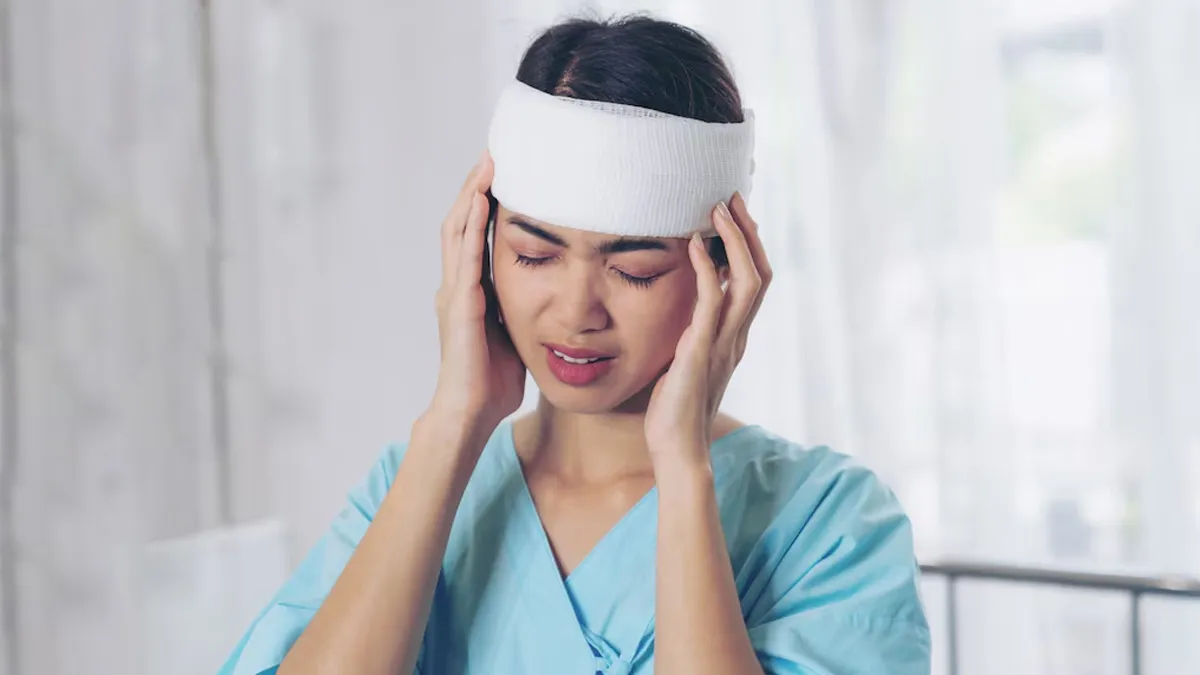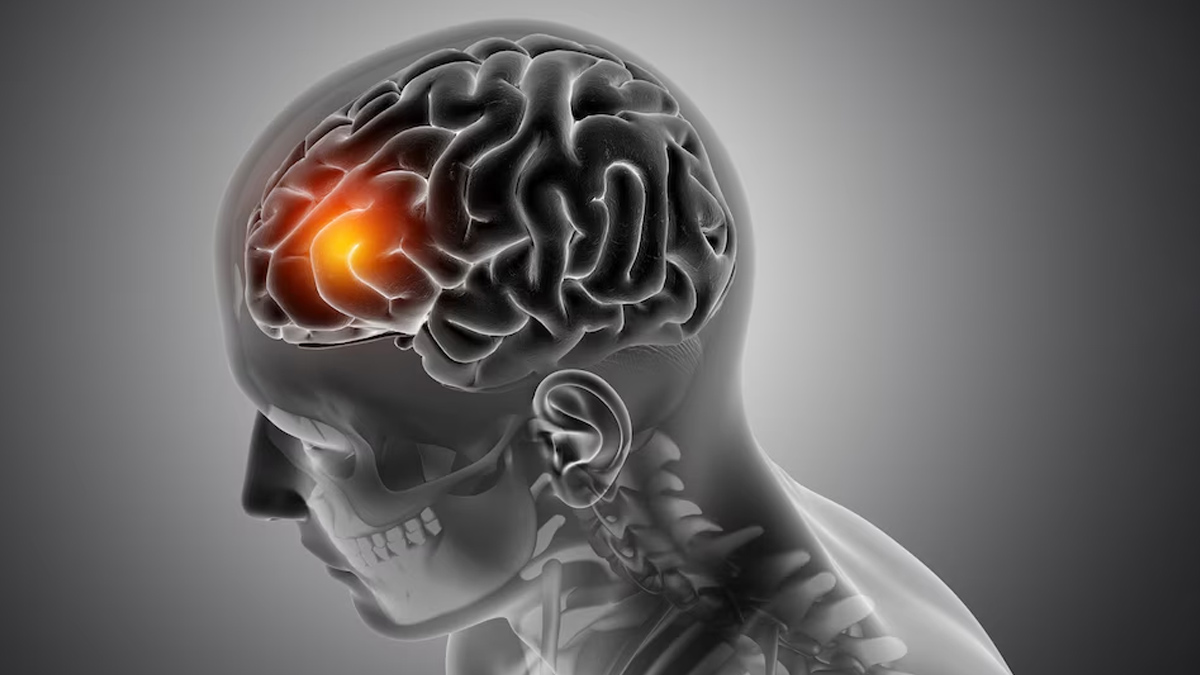
Whether it's a sports accident, an automobile accident, or simply a daily fall, head injuries may occur to anyone. Perhaps one of the most prevalent though frequently ignored injuries is a concussion. A concussion is a form of Traumatic Brain Injury (TBI) that results from a bump, blow, or jolt to the head or body that makes the brain shift back and forth quickly.
Table of Content:-
Concussion symptoms aren't always instant. They might take minutes, hours, or even days to show up after the bump on the head. Timing is everything when it comes to checking for symptoms and receiving care.
Why Prompt Concussion Checks Matter
According to our expert, Dr. Shrey Kumar Srivastav, Senior Consultant at Sharda Hospital in Noida, failing to recognise a concussion can lead to serious consequences, including prolonged symptoms, risk of a second (more dangerous) concussion, and potential long-term brain issues. “That’s why everyone, from athletes and parents to coaches and coworkers, should be familiar with the warning signs,” he said.
How to Check for Symptoms of a Concussion
If you or someone you know has experienced a head injury, follow these expert-approved steps to screen for potential signs of a concussion:
1. Notice Physical Symptoms
Soon or within a couple of hours, Dr Srivastav highlighted to check for:
- Headache or pressure in the head
- Nausea or vomiting
- Dizziness or loss of balance
- Blurred or double vision
- Sensitivity to light or noise
- Feeling tired or sleepy
Tip: Even if the patient looks fine, ask how they feel, many physical symptoms are inside and easy to brush off.

Also Read: Can Thin People Have High Cholesterol? Doctor Answers
2. Check Cognitive Function
Ask short questions or do rapid mental tests. Here are a few of them:
- Do they appear confused or disoriented?
- Are they slower to react than normal?
- Can they remember the incident that injured them?
- Are they having difficulty concentrating or remembering what happened recently?
Memory Check Example: Have them name the day of the week, the current president, or recite a list of words after a few minutes.
3. Observe Emotional and Behavioral Changes
Even mild changes in mood can indicate brain interruption. Look for:
- Irritability or crankiness
- Anxiety or depression
- Appearing off or not themselves
- Sudden mood changes and emotional outbursts
4. Watch for Changes in Sleep
Sleep changes might be:
- Slept longer than normal
- Having trouble falling asleep
- Feeling abnormally tired during the day
Pro Tip: It's a myth that one with a concussion should never sleep. They can sleep, but it's important to watch for symptoms prior to and after resting, and rouse them at regular intervals throughout the first 24 hours if instructed by a healthcare professional.

When to Get Medical Care
Call a doctor or go to an emergency room right away if the injured individual has:
- Loss of consciousness (even momentarily)
- Seizures or convulsions
- Vomitting more than once
- Increased headaches
- Difficulty waking up
- Slurred speech
- Weakness or numbness of limbs
Recovery and Next Steps
The majority of concussions get better in seven to 14 days, particularly with initial rest and good care. Rushing back to work, school, or sports can prolong healing or make symptoms worse. A few recovery tips include:
- Rest (mentally and physically)
- Reduce screen time
- Stay away from alcohol and physical activity
- Adhere to your doctor's return-to-activity plan
Bottomline
Concussions don't have to be sensational injuries. At times, the most hazardous thing is what you don't see immediately. Through education on how to monitor symptoms and a knowledge of when to access assistance, you can safeguard yourself and other people from the potentially severe effects of a missed concussion.
Also watch this video
How we keep this article up to date:
We work with experts and keep a close eye on the latest in health and wellness. Whenever there is a new research or helpful information, we update our articles with accurate and useful advice.
Current Version
Aug 08, 2025 13:42 IST
Published By : Tanya Srivastava
